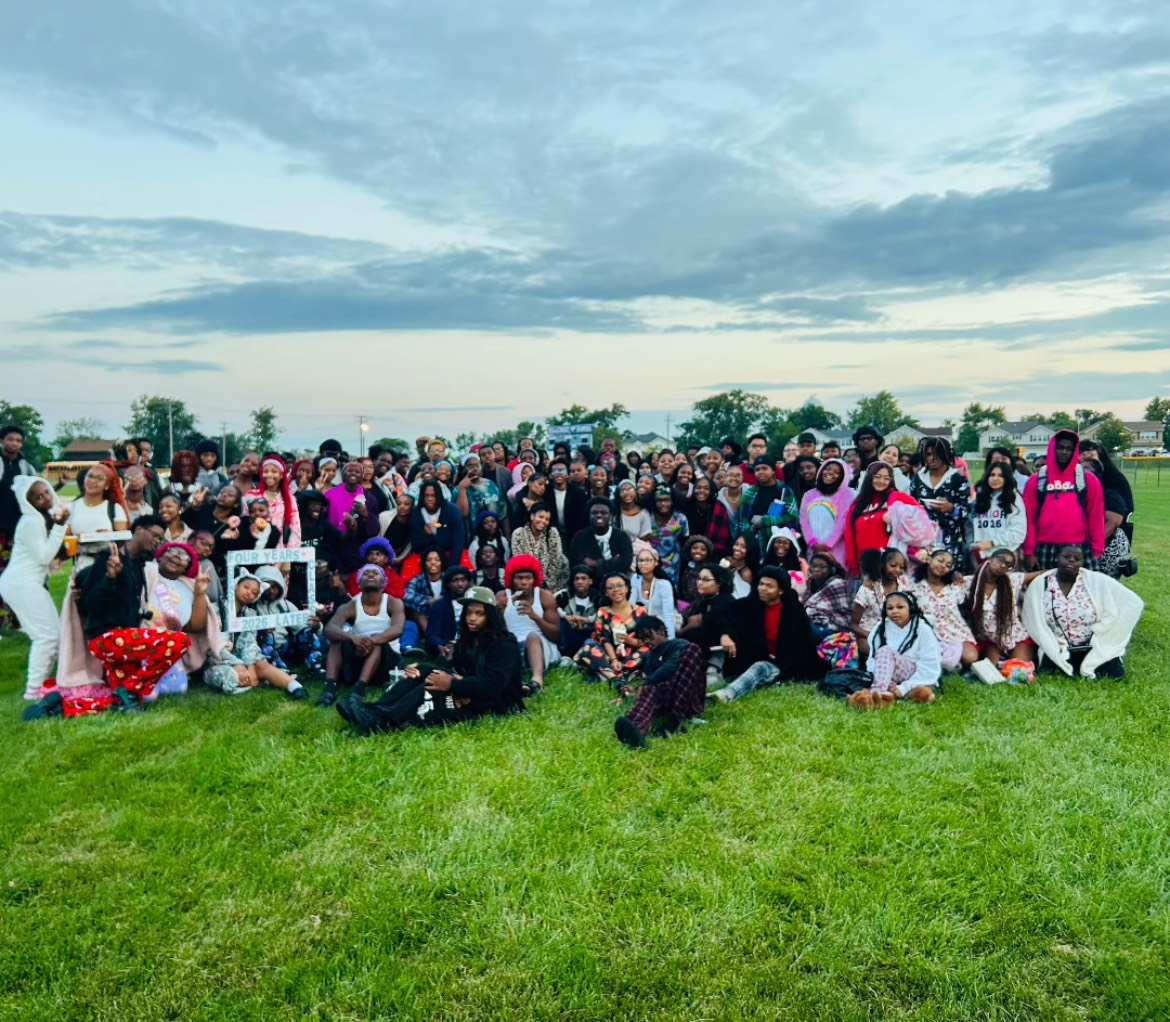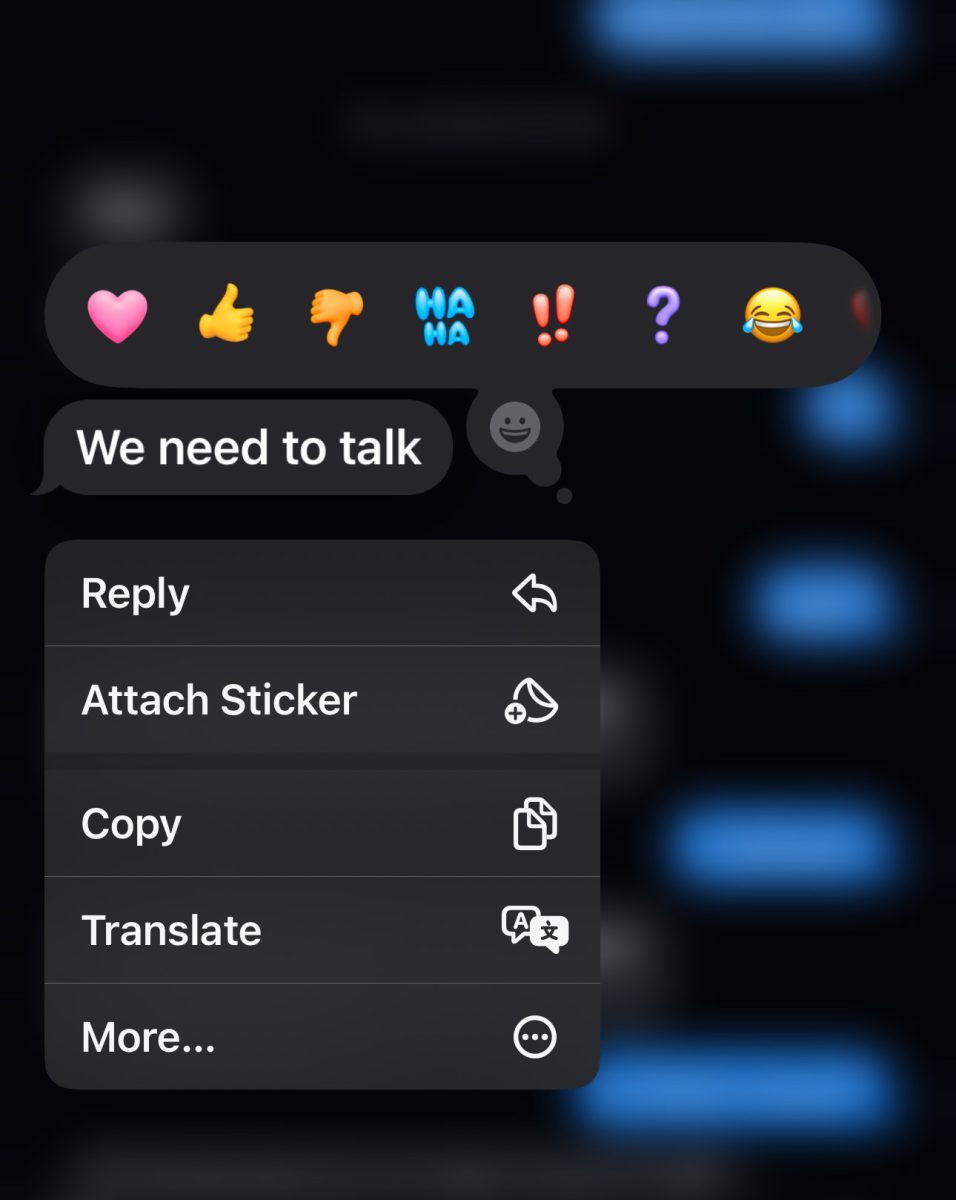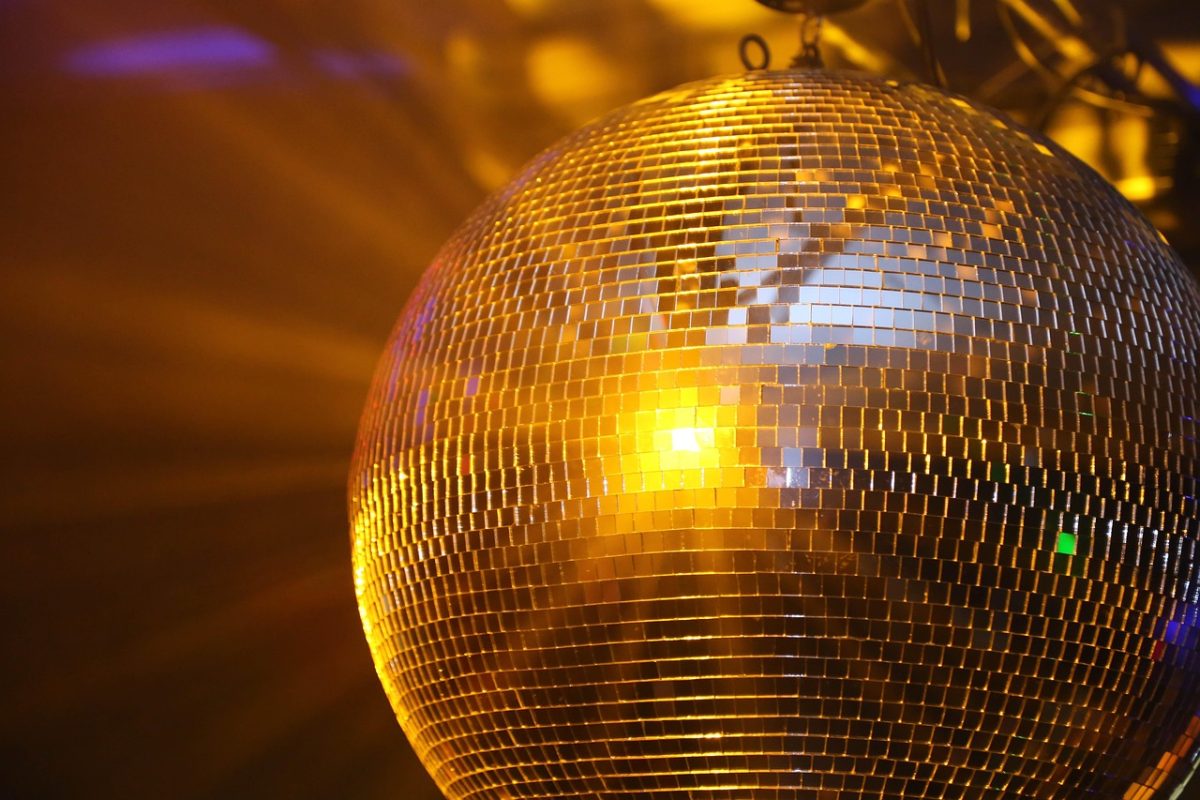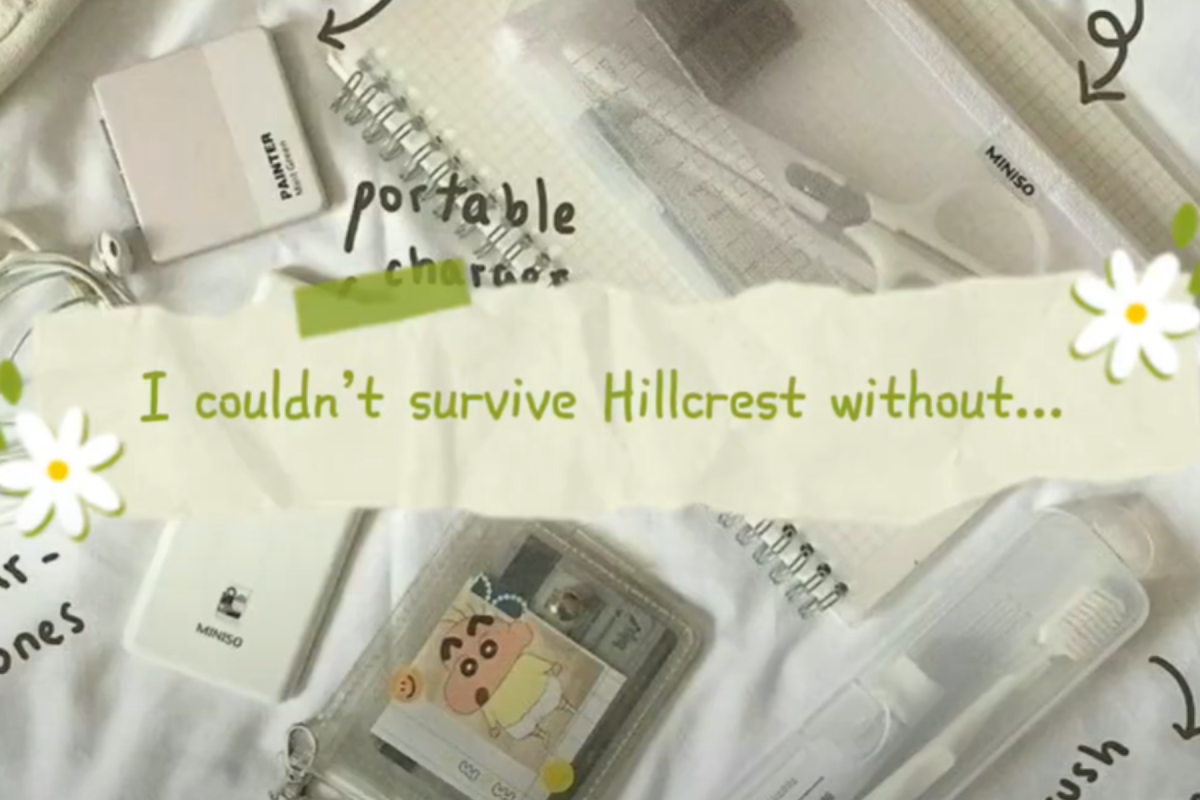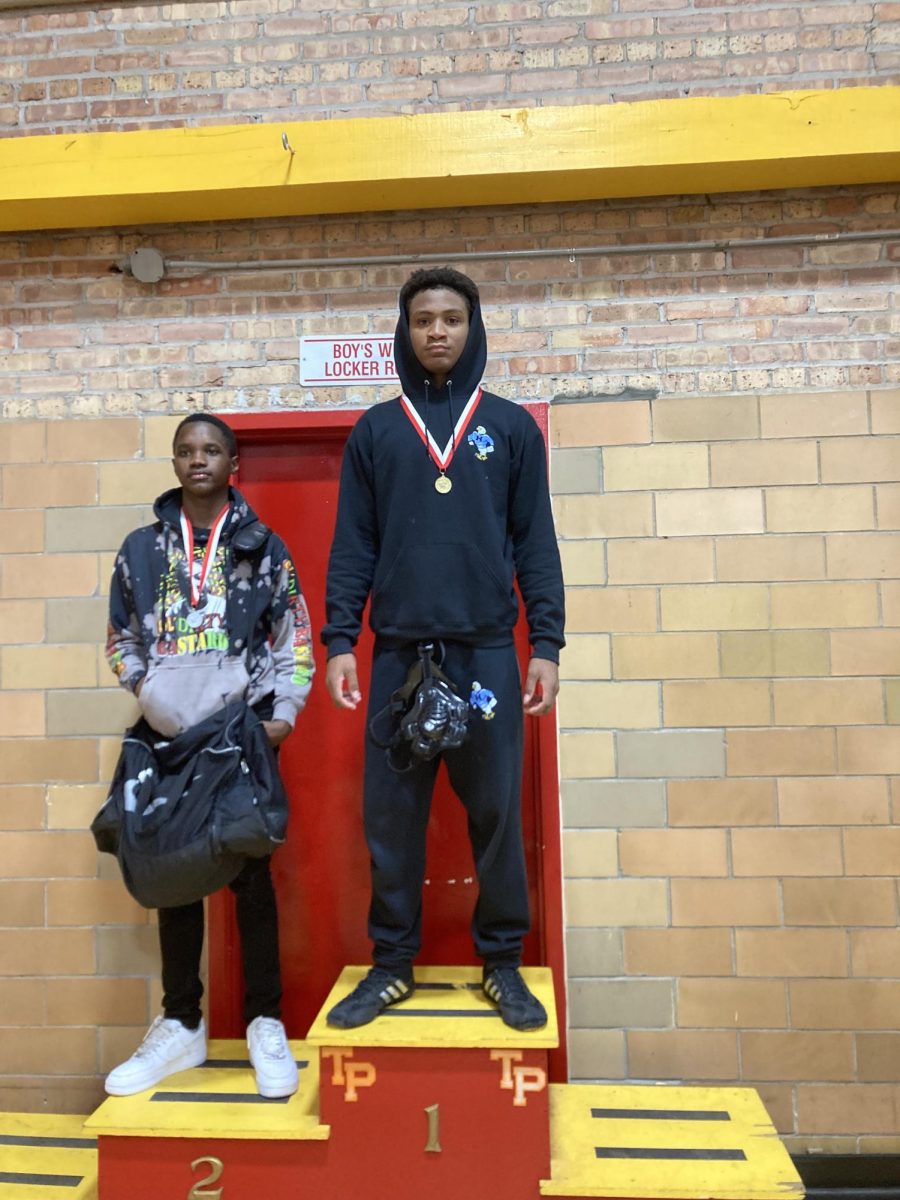How To: Study
March 8, 2018
As a senior, I understand how hard it can be to gather the will to sit down and study. For some students, studying results in grades that are worse than if you hadn’t studied at all. Some just can’t get anything done when attempting to study. I say all this to say I know studying simply just isn’t for everyone. However, that could be just because you don’t know how to study. Now I am by no means a ‘study genius’ or anything of the sort, but I have collected a few tricks based of personal experience and rummaging around the internet that have saved my grades.
Step One: Setting
First thing’s first: studying in bed is BAD. Not only does this decrease productivity, but it ruins healthy sleeping. Of course, these are only suggestions but in an article by author Brian Robben he says, “Because you’ve trained your body to associate your bed as a place to study or get homework done, once you lay in bed to call it a night your mind will continue to think.” Instead of studying in bed try going to a table or desk instead. Overall. it’s good to separate your study spaces from your sleeping spaces.
I personally like to study in more public places like small restaurants and libraries. I find it’s easier to study when people around me are studying or at least doing something productive. There’s nothing wrong with going to Panera to suck up the free wi-fi, just ask for a cup for water and get to work. Studying outside the house also ensures that no one can’t barge in and interrupt you. You can’t do the dishes and take out the garbage if you’re not in the house, now can you?
Step Two: Music
Music is a great tool for studying; in fact, I think it’s one of the things that can make or break a study session. Whether you’re studying in the house or out, there are so many disruptive background noises that can distract you from getting work done, especially if that work requires reading. There are countless playlists on Spotify and Youtube that are dedicated to improving productivity and studying. If classical music isn’t for you there is a very new and popular genre of music called lo-fi hip hop which many people are using as a tool to study and sleep. The music is very calm and relaxing and extremely nostalgic and wistful making is easy to feel at ease while studying. Try to avoid music that’s familiar to you or that has a lot of words in it. It’s much harder to analyze poems while listening to “Rap God” rather than listening to “Claire de Lune.”
Step Three: Do Not Disturb
Now that you have your study space and your study music, it’s time to disconnect from the world, as painful as that might be. Your phone is not the best tool for studying. It shouldn’t be used for more than music and at the most an educational resource. There are to many things you can do on your phone – too many games and social media platforms and links. Glancing down at your phone can be a huge set back because it starts as a glance, then turns into replying to a text message, then sending a picture on snapchat, then waiting to get a snap back, then looking at funny videos, the list is endless. Now I’m not saying your parental shouldn’t be able to get a hold of you for emergencies, but you have to show extreme self-control and put the phone away. You’ll be surprised how much stuff you can get done when your phone isn’t in the picture.
Step Four: Have A Plan
Don’t go into a study session blindly. Think about what’s due first, or what assignments are the most important. Study sessions fall apart easily when you start one thing, get bored and move on to something else. Set mini-goals; for example, start with finishing all math homework, then work on two slides of a presentation, then write the introduction to an essay. Having a list increases productivity and makes it easier for your mind to visually see what needs to get done.
Overall don’t make studying anymore stressful than it is. Stay focused on how good it will feel to have all your work organized and finished. Waiting till the last minute isn’t a bad idea, but there are always alternatives. Studying is a great practice for experiences later in life not just in college. There will be times where you have to study for an interview or a job or earning a license.
If studying just hasn’t worked out for you in the past I encourage you to try a few of the tips above and just see if you notice any changes. Always remember, “The secret to getting ahead is getting started.”


